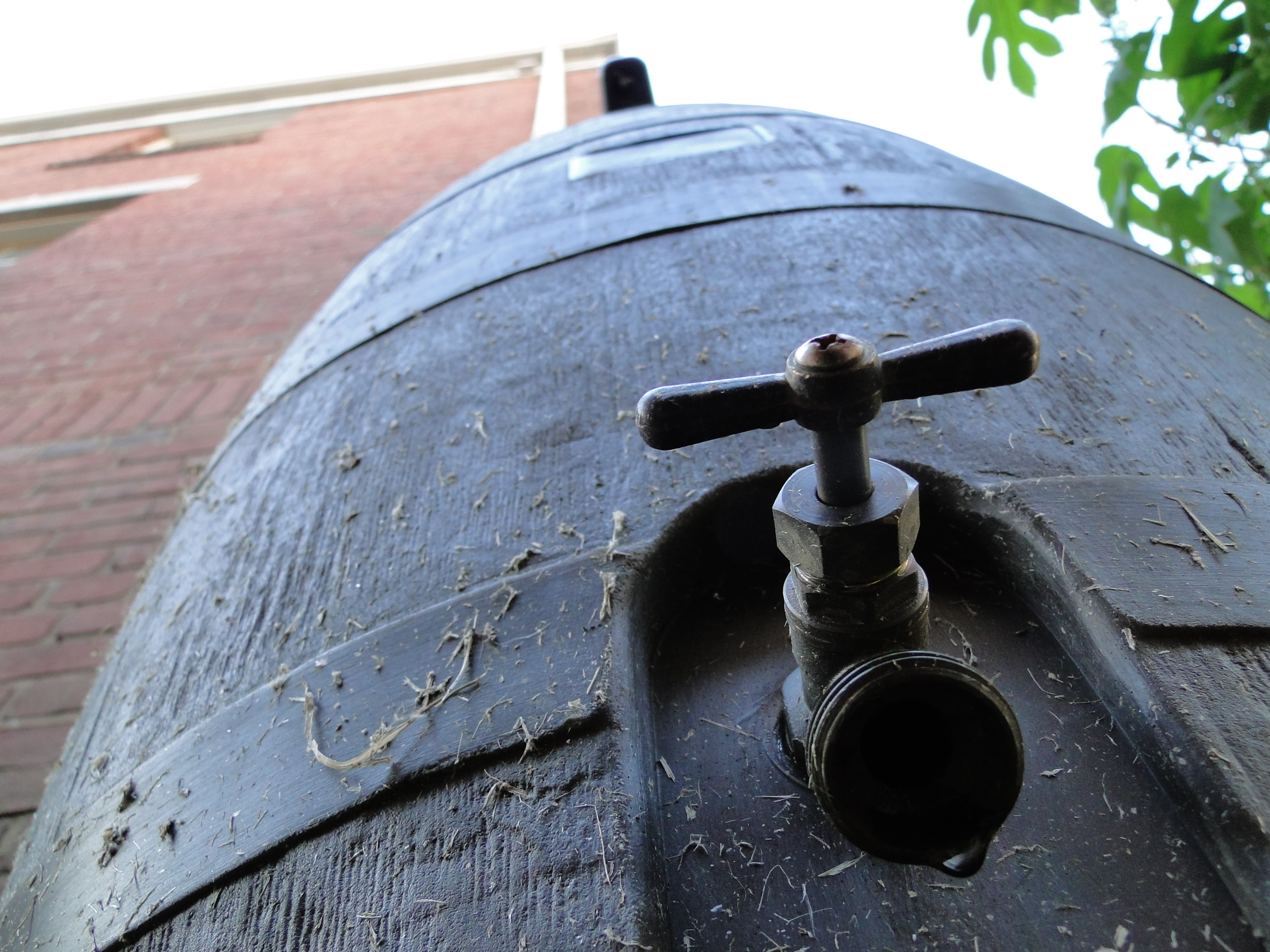A contentious stormwater bill (S.B. 1830/H.B. 1892) that restricts the ability of localities to establish post-construction control standards has become law in Tennessee without action by Governor Bill Haslam (R). The legislation states, “No general permit shall impose post construction storm water requirements that are more restrictive than the Federal Water Pollution Control Act…”.
The legislation was introduced in January 2016 and was approved by an overwhelming majority in both the state House and Senate, with final legislative action on April 12. Environmental organizations and several localities opposed the bill.
The measure took effect April 22, but without signature of Governor Haslam.
Tennessee law allow for bills take effect 10 days after they are sent to the governor if no action is taken on them. In a unique response, Haslam issued a letter to the lieutenant governor and speaker of the House explaining that he took no action due to concerns about the bill’s confusing language, potential negative effects to both localities and water quality, and the possibility of litigation.
The new law effectively changes the previously established regulation for MS4 Phase II Permits that mandated up to 1 in. of rainfall be absorbed within a new development property without any resulting runoff. As the law was passed, the TN Department of Environment & Conservation had issued its draft NPDES General Permit for Discharges from Small MS4s for public notice. Language in the permit has been modified to reflect a 1-in. Water Quality Treatment Volume (WQTV) as opposed to the original 1 in. runoff reduction standard.
The text of Governor Haslam’s letter to Lieutenant Governor Ron Ramsey and House Speaker Beth Harwell is provided below.
Text of Governor Haslam Letter regarding Lieutenant Governor Ramsey: I am letting Senate Bill 1830/House Bill 1892 become law without my signature. I have concerns about the potential impacts of this legislation and the limits it places on the State’s ability to protect our water resources adequately. In addition, the bill imposes on local governments a cumbersome procedural mechanism that will cause confusion for those communities as they seek to implement required storm water pollutant removal programs. I am concerned that some of the ambiguous and confusing language of the bill could lead to costly litigation. As Governor, I am a strong proponent of economic growth and development, but I am equally committed to ensuring that we protect Tennessee’s air, land and water resources for today and for future generations of Tennesseans.





